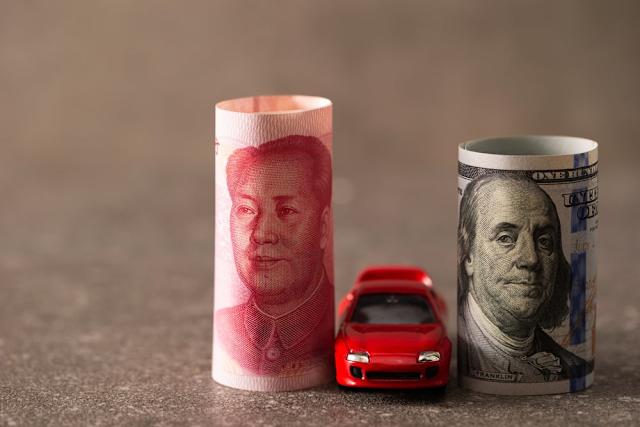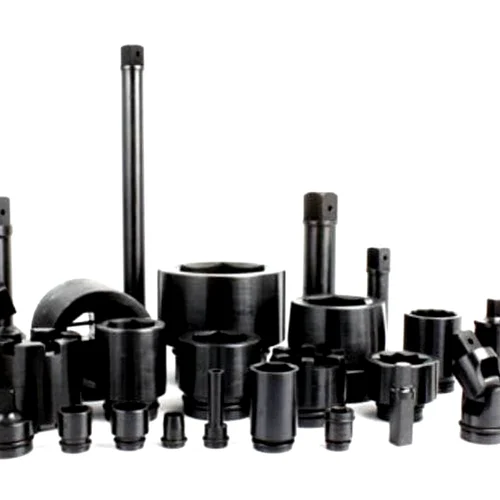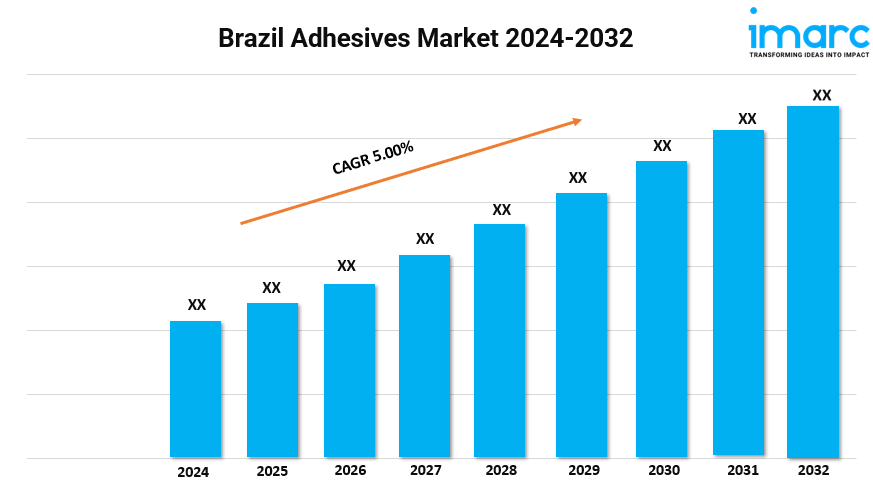The Impact of Trumps Tariffs on the US Toy Industry: A Tale of Uncertainty and Change

As the United States continues to grapple with the aftermath of former President Donald Trump's trade tariffs, the toy retail industry is feeling the brunt of these policies. With nearly 80% of toys sold in the US produced in China, the industry is facing mounting challenges that include delayed shipments, rising costs, and even legal action. The web of overlapping tariffs on Chinese imports has resulted in duty rates as high as 145% in some cases, far above the 30% headline figure quoted by officials. Smaller toy importers are disproportionately affected, with many forced to increase prices or absorb some of the added costs to stay afloat. Alignable reports that over 57% of small retailers expect revenue losses due to this uncertainty. The combination of high tariffs and shifting trade policy has caused substantial supply chain delays, leading companies like Basic Fun! to rush to forward-ship container loads while the tariffs were temporarily reduced from 145% to 30%. While this offered short-term relief, it failed to eliminate ongoing uncertainty. Multiple firms have also started cutting orders or narrowing their product lines in anticipation of possible disruptions, especially during crucial retail periods like the lead-up to Christmas. Several toymakers have taken legal action against the administration, with Learning Resources, an Illinois-based educational toy producer with around 500 employees, suing the federal government for exceeding its authority under IEEPA in imposing steep tariffs. St Paul’s Mischief Toy Store has joined similar litigation claiming the 145% levy is unconstitutional. These challenges follow broader legal rulings, such as a Federal Trade Court decision in late May blocking the so-called “Liberation Day” tariffs under IEEPA. Meanwhile, larger toy manufacturers are proactively shifting production to countries like Vietnam, India, and Indonesia. Major brands such as Mattel, Hasbro, and MGA Entertainment have accelerated their transition away from China—MGA, for instance, plans to boost output from alternate sites from around 15% to 40% in the next six months. The current 90-day tariff reduction is set to expire in early July, re-establishing uncertainty for importers who must rapidly adapt or lock in alternative supply chains. Analysts warn that sustained high duties may lead to permanent business closures in the SME sector, reduced innovation capacity, and higher prices at the checkout for consumers—especially families with school-age children. With courts mulling the legality of the tariffs and retailers racing to diversify their sourcing, the US toy industry remains on edge. Any extension or change in tariff policy could determine whether small toymakers and independent stores survive the current economic squeeze—or succumb to rising costs and regulatory complexity. Navigate the shifting tariff landscape with real-time data and market-leading analysis. Request a free demo for GlobalData’s Strategic Intelligence here.
Trumps' tariffs have served as a catalyst of uncertainty and compelled the US toy industry to adapt, re-establishing supply chains amidst changes that continually disrupt markets.
The tale of the US toy industry in response to Trump's tariffs underscores a narrative filled with uncertainty, shifting supply chains and consumer challenges as it strives for stability amidst profound changes.
Trump's tariffs imposed on imported toys served as a catalyst for uncertainty and widespread change within the US toy industry, fueling domestic production growth while simultaneously pressing small businesses to adapt or relocate.
The Trump administration's imposition of tariffs on imported toys led to a tale chronicling the uncertain atmosphere and pronounced industry changes within American toy manufacturing, as small businesses scrambled for alternatives amidst escalating costs.
The President's struggle between protecting domestic jobs and compromising global trade pact pessimism sets the US toy industry on a rollercoaster ride, illustrating both uncertainty in future prospects as well its adapting abilities to meet changing market demands amidst Trump tariffs.
The establishment of Trump's tariffs has wrought a tale filled with uncertainty and change in the US toy industry, as manufacturers grappled not onlywith rising costs but also adjusted strategies amidst an evolving trade landscape.
The application of Trump's tariffs on the US Toy Industry underscores a narrative of uncertainty and change, forcing companies to reassess their supply chains while consumers grapple with higher prices in an already volatile market for toys.
The imposition of Trump's tariffs on various imported toys has not only instigated uncertainty for the US toy industry, but also unveiled a tale rich with adaptive change as enterprises scramble to adjust supply chains and find alternative sources amidst escalating trade disputes.
The Trump tariffs presented a tale of uncertainty and change to the US toy industry, disrupting an already fragile precarious balance by forcing manufacturers either into raising prices or relocating operations amidst complex economic ramifications.
Trump's trade tariffs briefly ignited a storm of uncertainty within the US toy industry, fostering both competitive shifts and pressing concerns over supply chain disruptions; ultimately ushering in changes that reshaped American playtime.














